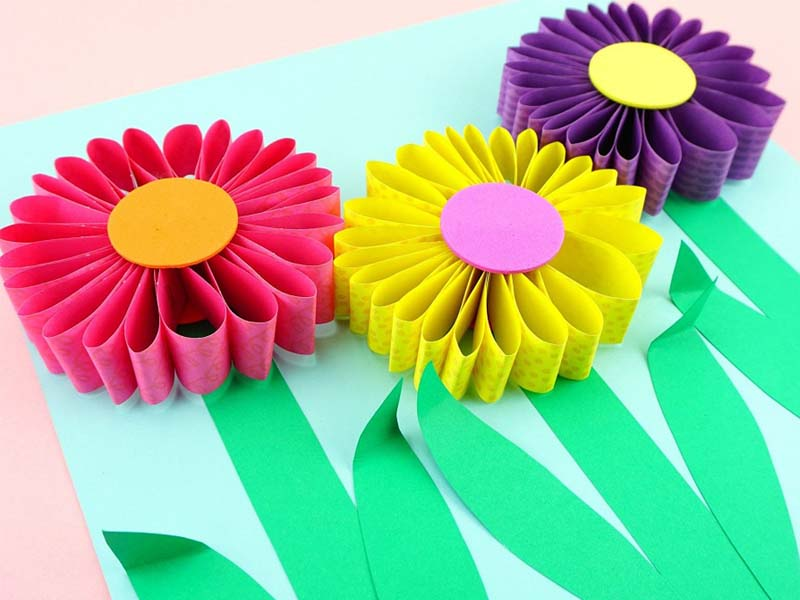In a world dominated by mass-produced goods and technology, the art of craft has become a rare and cherished practice. Craft is the embodiment of patience, skill, and dedication. It carries with it a profound sense of history and tradition, as artisans pass down their knowledge from generation to generation. In a fast-paced world, craft offers a much-needed respite—a return to the beauty of the handmade. Let us embark on a journey to explore the significance and allure of this timeless craft.
Craft encompasses a wide range of disciplines, from pottery and woodworking to textiles and metalwork. Each craft is a unique expression of creativity and mastery, requiring not only technical skill but also an intimate understanding of the materials at hand. Through craft, artisans forge a connection with their materials, bringing them to life through careful manipulation and shaping. The end result is not simply an object, but a tangible piece of their soul.
One of the most remarkable aspects of craft is its ability to transcend time. In a world obsessed with the latest trends and fads, craft stands as a steadfast symbol of longevity. Crafted objects are not subject to the whims of fashion; they are built to endure. The inherent quality and attention to detail imbued in each piece make them treasures that can be passed down through generations, carrying stories and memories with them.
Craft also holds a unique power to foster community and connection. In a society that often feels disconnected and impersonal, the act of creating something by hand can be a transformative experience. Craftsmen often gather in workshops and studios, sharing techniques, exchanging ideas, and supporting one another. The craft becomes a catalyst for collaboration and camaraderie, bridging the gap between individuals and forging bonds that transcend cultural and geographical boundaries.
Furthermore, craft provides a sense of fulfillment and purpose that is often lacking in our modern lives. In a world where convenience and instant gratification are prized, the slow and deliberate process of craft offers a different kind of satisfaction. The act of patiently working on a project, investing time and effort, and witnessing its gradual transformation is deeply rewarding. Craft teaches us the value of perseverance, patience, and the beauty of the journey itself.
Beyond its personal rewards, craft also has a profound impact on society and the environment. Handcrafted objects are typically made with a focus on sustainability and ethical practices. Artisans often prioritize locally sourced materials, reducing the carbon footprint associated with transportation and supporting local economies. The emphasis on quality and longevity also promotes a culture of mindful consumption, counteracting the throwaway culture that plagues our world.
In conclusion, the art of craft is a testament to the human spirit and our innate desire to create and connect. It represents a harmonious union of skill, tradition, and innovation. Craft allows us to slow down, appreciate the beauty of imperfection, and rediscover the joys of the handmade. In an increasingly homogenized world, craft stands as a symbol of individuality and authenticity. Let us celebrate and embrace the timeless craft, for it holds the power to enrich our lives and shape a more sustainable and meaningful future.


